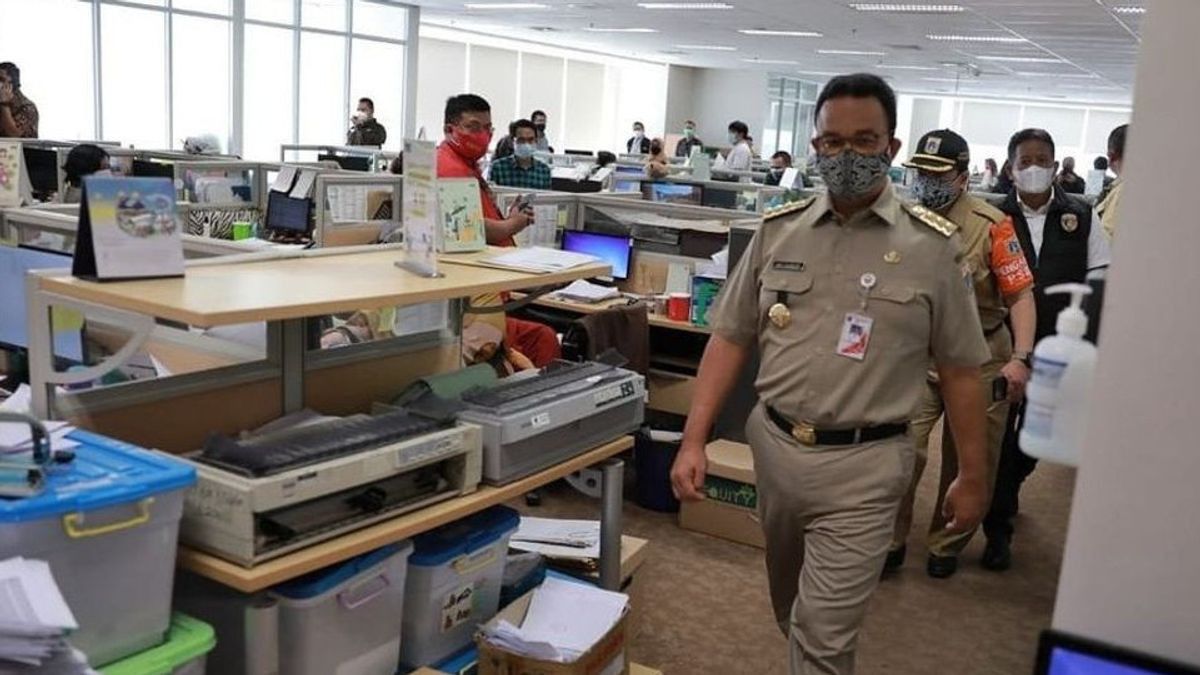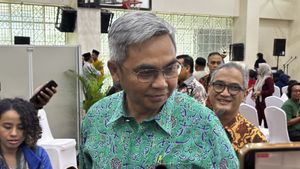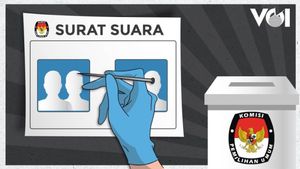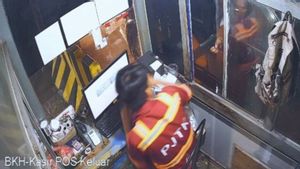JAKARTA - An impromptu inspection (sidak) conducted by the Governor of DKI Jakarta the day before yesterday caused a polemic. Anies sanctioned PT Equity Life Indonesia for violating the Emergency PPKM rules.
However, PT Equity Life claims that they are an essential sector company because they are engaged in insurance. That's why Equity Life still asks a number of its employees to work in the office or work from office (WFO).
In the emergency PPKM regulation, essential companies are still allowed to WFO with a capacity of 50 percent of employees in the office. Then, critical sector companies are allowed to operate 100 percent. With a note, companies must implement strict health protocols.
Turns out, Equity Life misunderstood that they were penalized because of the type of company. The DKI Provincial Government admits that Equity Life companies are included in the essential category, but the sanctions given are due to violations of health protocols related to maintaining social distance between workers.
A public policy observer from Trisakti University, Trubus Rahadiansyah, considers this problem to be the result of an unclear company classification in the Emergency PPKM rules.
"The explanations in the Instruction of the Minister of Home Affairs as well as regional head regulations only mention the general sector. The provisions should be definitive," Trubus told VOI, Thursday, July 8.
Trubus said, there should be three factors that must be met in making public policy. First, the substance of the clear regulatory policy. Second, understanding the regulatory structure of law enforcement. Third, community discipline.
Trubus considers that the substance factor in the Emergency PPKM regulations is not sufficient to explain which companies are included in the essential, critical, and outside sectors.
"That's the result of not being black and white about essential, critical, non-essential, and non-critical issues. It's not clear what the boundaries are," he said.
"Although logically it can be classified, the problem in the field is that it is not easy to separate the essential from the nonessential. For example, for companies with derivative types that are not explained in the regulations," he added.
It is known, in the regulations made, the government requires 100 percent WFH for non-essential companies during Emergency PPKM. Then, for essential sector offices, a maximum of 50 percent of work from office (WFO) employees are applied with a health protocol and for critical sectors a maximum of 100 percent of WFO employees are allowed with a health protocol.
The essential sectors mentioned include finance and banking, capital markets, payment systems, information and communication technology, non-COVID-19 quarantine handling hotels, and export-oriented industries.
The coverage of critical sectors is energy, health, security, logistics and transportation, food, beverage and supporting industries, petrochemicals, cement, national vital objects, disaster management, national strategic projects, construction, basic utilities (such as electricity and water), and fulfillment industries. basic daily needs of the community.
The English, Chinese, Japanese, Arabic, and French versions are automatically generated by the AI. So there may still be inaccuracies in translating, please always see Indonesian as our main language. (system supported by DigitalSiber.id)













